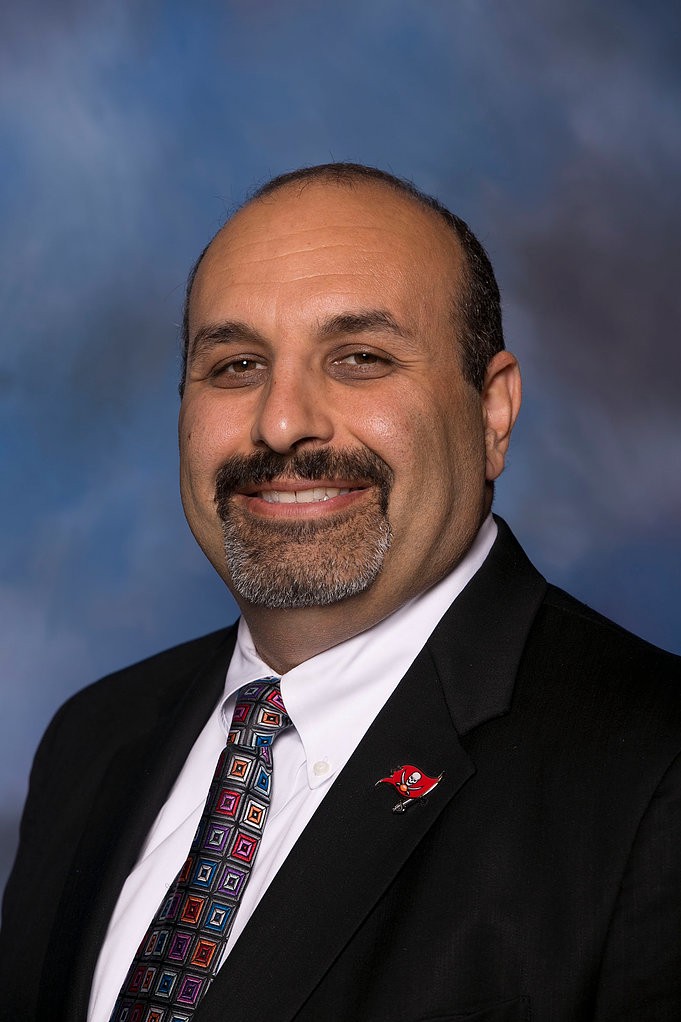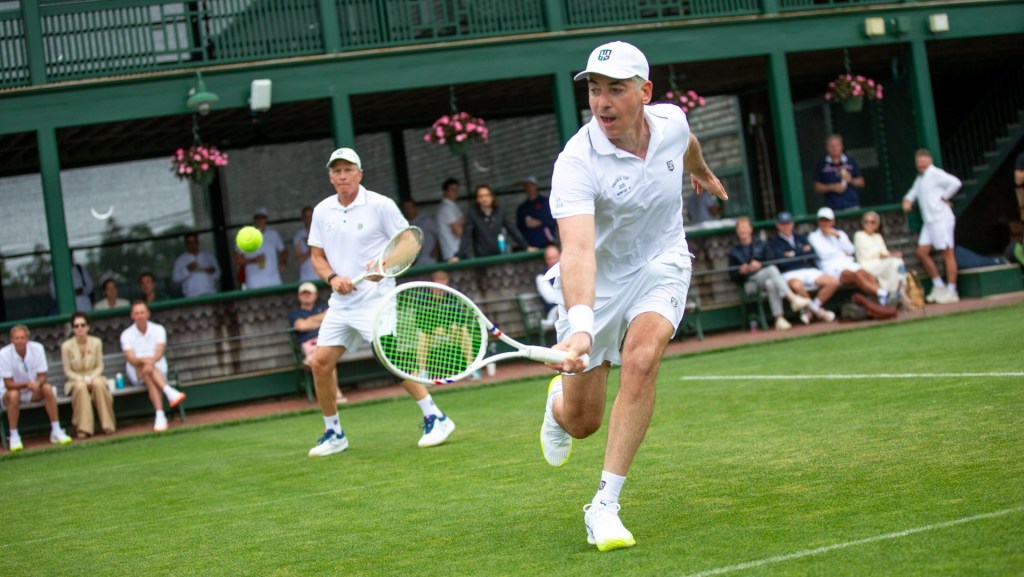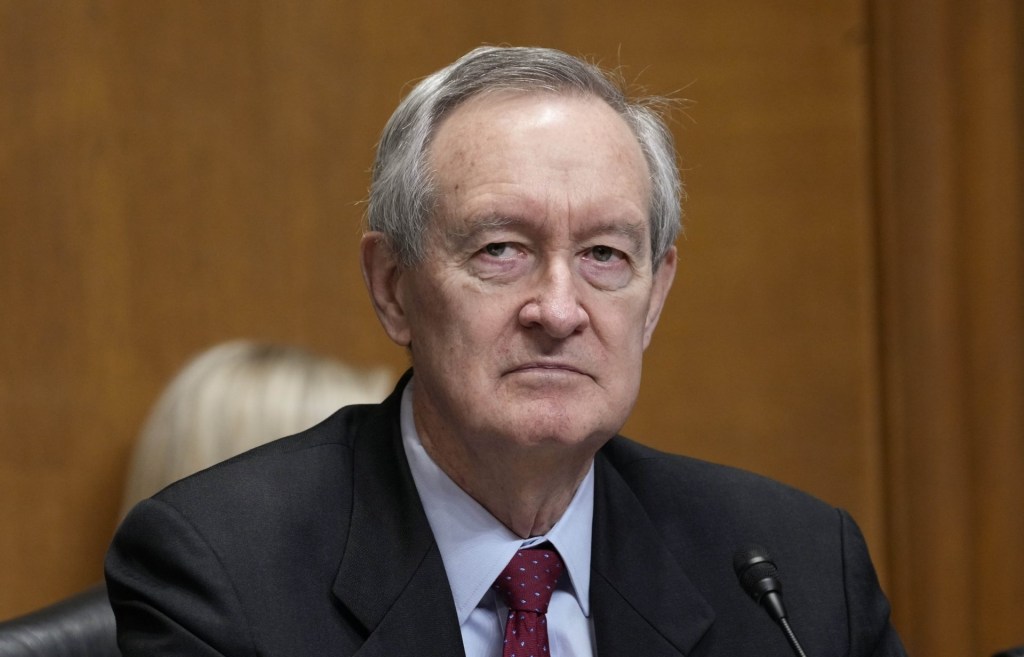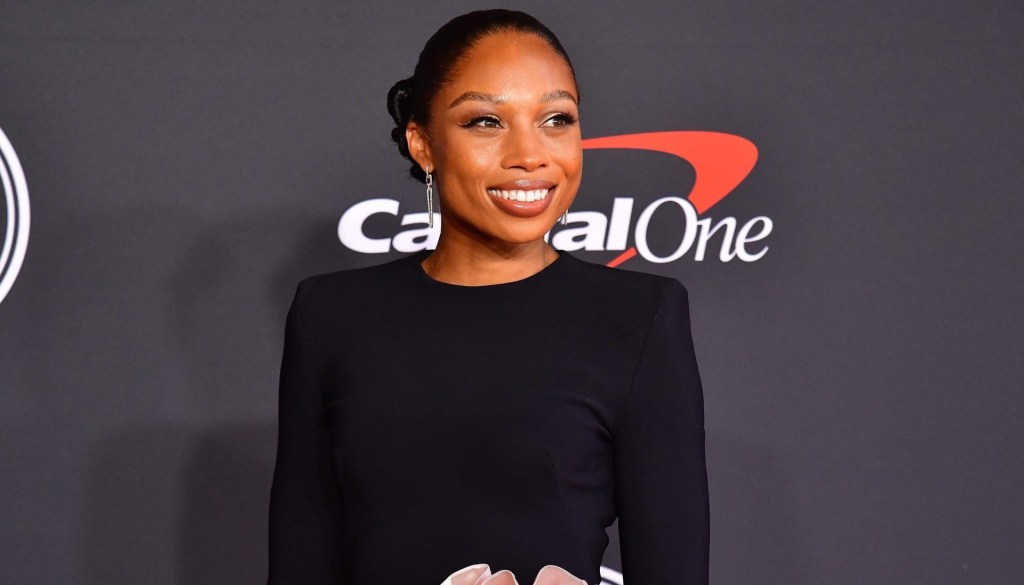By: Adam White, @FOSAdam

Front Office Sports is proud to have sat down with David Cohen, Esq. the General Counsel for the Tampa Bay Buccaneers. From wrapping ankles in the Gulf Coast League to working as one of 6 C Level executives for an NFL franchise, and attending law school in between, David’s journey has been far from straightforward. For him, it has not been so much about the destination, but the experiences he has gained along the way. David credits his amazing wife for all of the, “patience and support” she has given him. He was gracious enough to offer up his time and insight into what it is like to serve as general counsel, why entry-level jobs are so important and why, in this industry, “You have to be a fountain, not a drain.”
Your path to success in sports business included stops as an athletic trainer originally and now as a general counsel. What has that journey been like for you?
It has been interesting. It was always about wanting to do more. My journey started in high school when the athletic trainer at my high school got me involved. I enjoyed it and knew I wanted to pursue the career. My dream at the time was to be an athletic trainer for an NFL team.
I went to West Virginia University, which has one of the most well regarded athletic training programs in the country. I was accepted into the athletic training program in the fall of my sophomore year. That spring, I sent resumes to NFL teams seeking an internship. I got many rejection letters on cool letterhead. I sought advice from my professors. They suggested looking at my network to see if there was anyone who could help me get my foot in the door.
I went back to my roots and spoke with my high school athletic trainer. He connected me with the head athletic trainer for the Baltimore Orioles, who then put me in contact with their minor league athletic training coordinator. That connection resulted in an internship with the Orioles AA team after my junior year. I loved it and decided to pursue baseball rather than football.
I graduated from WVU and took the National Athletic Trainers Association certification test in the fall of 1995. In early 1996, the Orioles called me about a position in the Gulf Coast League. It was a short-season rookie ball job and I made the most of it. I enjoyed the experience a lot and learned a ton.
For the 1997 season, I was offered an opportunity to go to a full season A ball team and move to the Montreal Expos. I accepted the position.
The next few years I bounced between A and AA ball, as well as the Maryland then Arizona fall leagues. During the off-seasons, I worked on a master’s degree in community health from WVU.
In 2001, my peers selected me as the Minor League Baseball Athletic Trainer of the Year, which was quite an honor. From there, I took a hard look at those who had made it in the game as athletic trainers. I discovered that they were more than just athletic trainers. The successful ones did other things. I realized I needed to be multi-dimensional to succeed. As I researched the industry, I found there were many injury and workers comp related claims coming down the pipe. I thought law school would be a good way to make myself well rounded. I decided to enroll and started in the fall of 2001. However, instead of working for a firm after my first year and second year, I went back to baseball and worked as an athletic trainer for the Red Sox with their short season A ball team.
When I was with the Expos, I interfaced with Bill Stoneman, who was the Vice President of Baseball Operations. He left to become the General Manager of the Angels in the fall of 1999. We kept in touch. During the fall of my 3rd year of law school, Bill hired me to be the Risk Manager for the Angels.
I started with the Angels in January 2004. While working, I went to law school part-time and graduated in the summer of 2004. I took the bar exam and passed it the first time in early 2005. The Angels did not have an in-house lawyer at the time, so I jumped in and assisted with contracts, litigation, and anything else I could. Since I was the only in-house lawyer, I got to do a lot — from sponsorship agreements to collective bargaining to concessionaire agreements. The learning curve was steep, and I had a huge network of people who were always available to help when I had a question.
I did a lot of graduate school research on performance enhancing drugs. In 2006, when Bud Selig appointed George Mitchell to investigate performance-enhancing drugs in baseball, I was in a unique position to be on the front line for the organization and educate the Club’s outside lawyers. That is what propelled me into being more lawyer than risk manager.
As a lawyer, you get to touch everything and learn about everything that goes into the organization. From a career development perspective, very few people get involved in the breadth of things as the lawyers. I am lucky to have been exposed to and been given the chance to learn about so many things.
I stayed with the Angels for nine years and I truly owe a lot to the people there who helped shape me into the person I am today. About two and a half years ago, the outgoing Chief Legal Officer at the Buccaneers, who I knew fairly well, was leaving to go to Ironman. He contacted me and asked if I was interested in transitioning from the MLB to the NFL. The Buccaneers went through a formal search process. At the end, I received the offer. It was a great opportunity and I have been happily working for the Bucs’ ever since.
I achieved my goal of ending up in the NFL, but not on a conventional path. You never know where the road takes you. I am blessed with a very patient wife who has put up with a career change and numerous moves. She has been so supportive of my career, and I would not be where I am without her behind me.
You were with the Angels when they were spending astronomical amounts of money on CJ Wilson, Albert Pujols and Josh Hamilton. What was that time like for you?
It was exciting and I’m grateful for the time I spent there. The organization had wonderful people who gave me countless opportunities to grow. I don’t know any team owner who doesn’t want to win and succeed both on and off the playing field. I was there for nine years. We made numerous trips to the playoffs and some deep runs. The influx of talent and all the people in the organization during my tenure made it exciting. It was truly an enjoyable experience.
Could you imagine yourself in this role when you were starting out?
You never know where the road takes you. I actually took the LSAT’s years before I ended up going to law school and put it aside as my career with the Expos developed. It was not until years later that I considered law school seriously.
If you are versatile and multi-dimensional, you can learn a lot about different roles and areas in the business — it is a recipe for success. The more ways you can make an impact in different places in the organization the more valuable you are.
I learned early during my tenure with the Angels from great mentors like Bill Stoneman and SVP of Finance and Administration Molly Jolly that I needed to find solutions to problems and not to let challenges be roadblocks. Dennis Kuhl who, at the time, was the President of the Angels and has since become Chairman, wanted me “not to tell him what he can’t do, but what he could do.” There is a lot of wisdom in his words!
What was the transition from the MLB to the NFL like?
From a business standpoint, it is a little different business model. Revenue streams and areas of control are a little bit different, but business is business.
In business and life, you do not get better by being stagnant and staying in the same place, you get better by pushing yourself. Luckily, while I was with the Angels I had a lot of opportunities to push myself and to grow. When the opportunity to move to the NFL arose, I saw it as a chance to grow even more and expand on what I knew.
Never stop growing. Never stop learning. Take the time to ask questions, it gives you a chance to learn and shows the people you are asking the questions an opportunity to see that you care.
You recently had the #1 overall draft pick in the NFL draft, how did that change your job, if any, leading up to the draft?
On the business side, it was a marketing opportunity and a chance to generate some excitement after a tough year. I know our marketing, ticket sales, and sponsorship departments really used it to highlight the promising future ahead.
As the General Counsel, what does your role entail?
As Brian Ford, the Buccaneers COO and my current boss says about working in the industry, “It’s not 9–5. It is not Monday-Friday. The only thing consistent is inconsistency. You get out what you put in.
I oversee both the legal and HR departments. On the legal side, I am involved with a lot of business initiatives, contracts, litigation management, risk mitigation, and creative problem solving. We have a smart, hardworking Assistant General Counsel who does a lot of drafting and detail work so I can get deeply involved in strategy and big picture matters. On the HR side, we have an incredible Director of HR and a staff of five that ultimately report to me. Between legal and HR, there is always a lot going on. It could be anything from a contractual issue or big organization project to litigation.
They call you “general” because you do a little bit of everything and “counsel” because you are an advisor in many aspects of the business. As a general counsel, you are a Swiss Army Knife of lawyers as you have many different tools. There are limitations with each tool, and you still understand the basics. If you need something specialized, you call an expert outsider, but you are still involved by keeping everything coordinated and on budget.
It’s been 20 years since you were in an entry-level position, looking back on that first job, what advice would you give students about what they should expect in their first job?
Spend the time, do the work and learn. Do as much as you can. Do not overstep your bounds but try your best to be active and get involved. Never be afraid to roll up your sleeves and work. Do not ever think you have all the answers. You have to remember people with a lot of experience surround you. Use them as resources and as ways to grow. I have been lucky to have so many great mentors from my high school athletic trainer Jim Talbert, to my professors at WVU, to Bill Stoneman, Molly Jolly and many others at the Angels, to Brian Ford and my peers in the Buccaneers C-suite. You always have to learn from the people around you while at the same time trying to make them better!
How do you find the work life balance?
It is more of a pendulum than a balance. Unfortunately, there are times when you become too work oriented. However, there are other times when you can devote more time to family. The pendulum never stays on one side too long partly due to the natural business cycle. It is very tough. Working in the industry can be very time consuming. Luckily, I am blessed with a strong support system in my wife and son who encourage and understand what I do. I would not be anywhere without my family.
What makes the sports community such a close-knit family?
You work closely with people and you become very close with coworkers. Because the industry is small and there is movement within it, your work family is extended. If you stay in one place for a while, but others move your network just naturally spreads out.
How should students today approach networking?
You have to put yourself out there and make an effort. Take the time to meet people who are doing what you want to do. If you are taking a trip, connect with people in the area where you are going. If you connect, be mindful of their time and prepared with some good questions. Afterwards, send a nice thank you note. Stay in touch!
Do not be someone who is always constantly asking to meet, email, or talk on the phone. A brief email every couple of months is more than enough to stay connected and involved with people in your network.
Parting Wisdom?
Always work to build bridges and grow your network. Keep your network warm. Never stop connecting and never stop giving. When you get where you want to be, find time for others.
Success is a long journey. Be grateful everyday as working in the industry is a blessing. Be thankful of those who have helped you get to where you are today.
Do not stop learning. Do not stop growing. Be a sponge for knowledge and become multi-dimensional.
Remember that people make the brand; so make sure you are representing the brand in a good way. Stay humble throughout the process.
If you are honest, kind, and produce results, great things will happen!
With his affable personality and humility it is easy to see how he has made such an impact throughout his time in the sports industry and why he has been hearlded as a, “great leader and coach” as well as a, “tireless worker, who is generous with his time.” Even though we were enjoying bagels and fruit instead of cold Dos Equis, David’s stories rivaled those of the most interesting man in the world.
We would like to wish David the best of luck in all his future endeavors as well as thank him for his time and wonderful insight!
You can connect with David on LinkedIn here or follow him on Twitter here!
Check out more stories on David’s accomplishments at these following links!
https://box5148.temp.domains/~frontof5/wp-content/uploads/2015/06/2013-top-10-30-somthing.pdfhttps://rulingsports.com/2011/10/20/the-power-of-a-network-becoming-general-counsel-for-the-los-angeles-angels-of-anaheim/
https://rulingsports.com/2011/10/20/the-power-of-a-network-becoming-general-counsel-for-the-los-angeles-angels-of-anaheim/

















